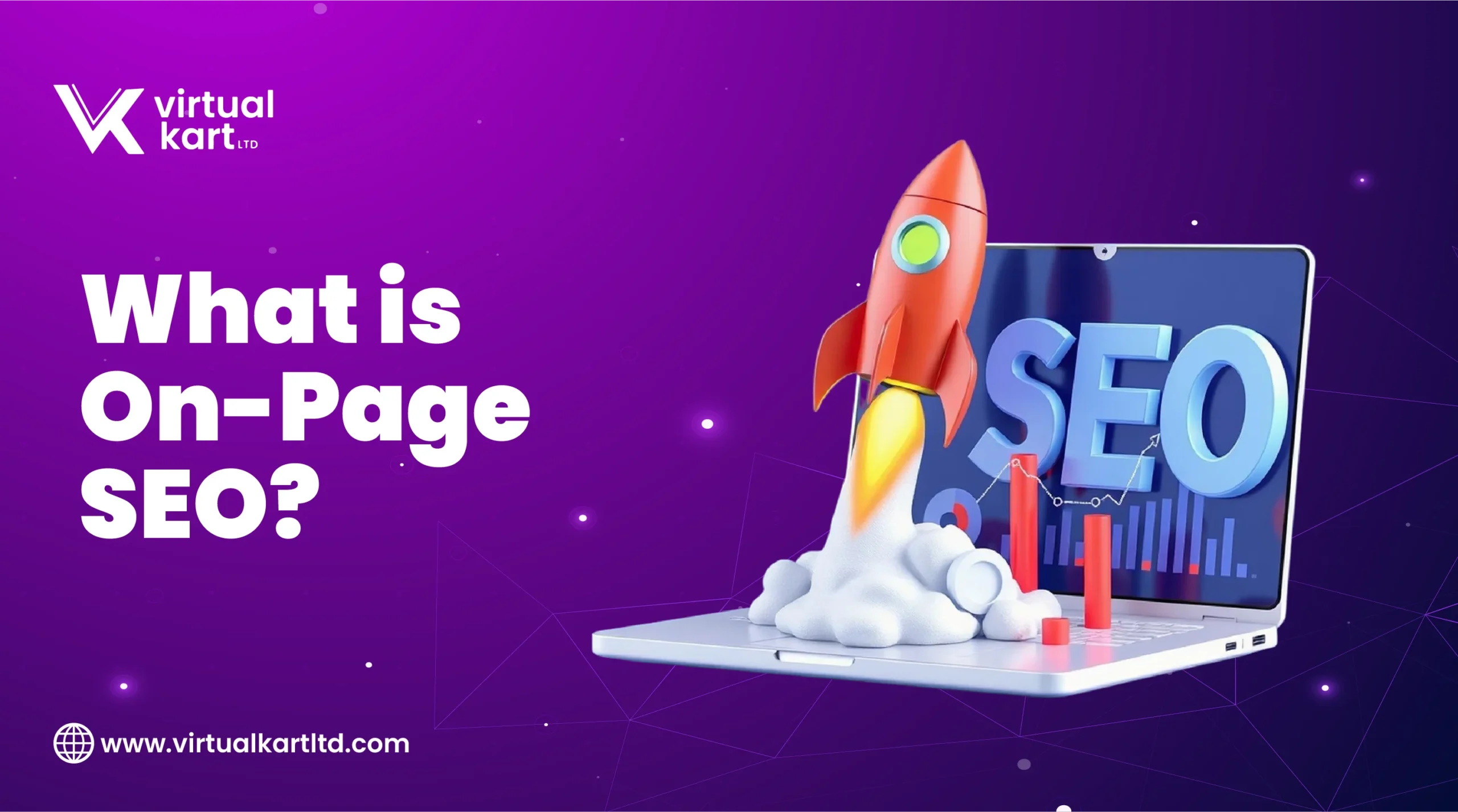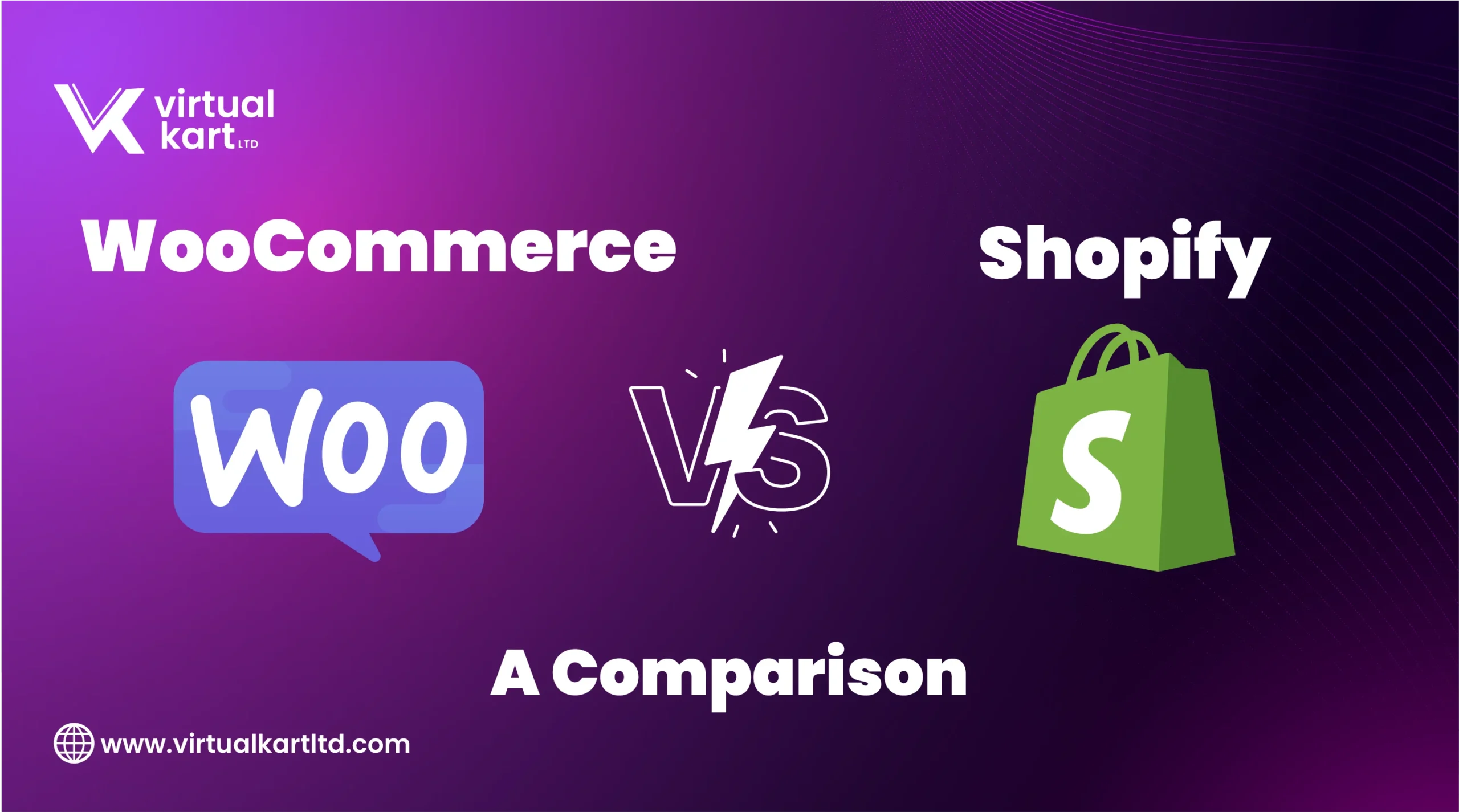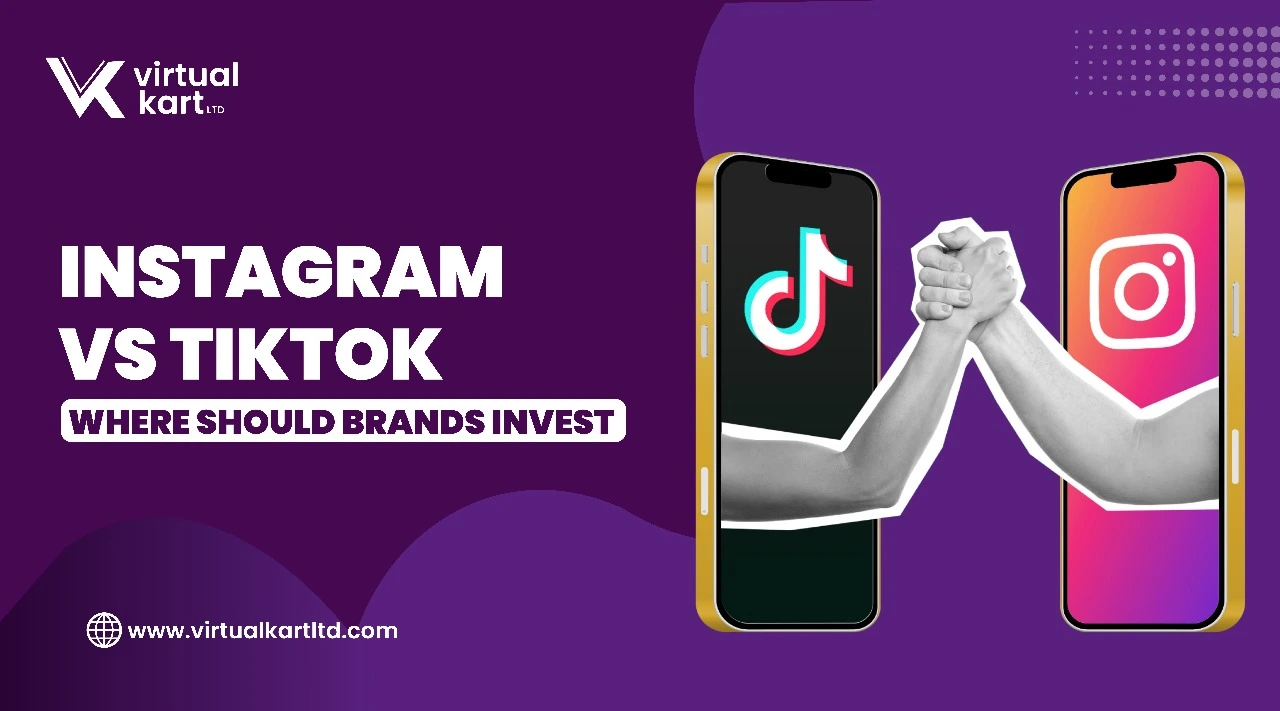In today’s digital landscape, staying competitive means leveraging the full potential of Search Engine Optimization (SEO). The days of overlooking SEO are long gone; it’s now essential for enhancing online visibility and driving growth. Our clients return year after year because they see firsthand the significant results that effective SEO can deliver. Are you ready to harness the power of SEO marketing to elevate your business? In this comprehensive guide, we will explore the critical components, strategies, and best practices of SEO, helping you build a robust online presence and achieve measurable outcomes.
What is SEO?
SEO refers to optimizing a website to enhance its visibility in search engine results, driving organic traffic and improving online presence. The primary goal of search engines is to deliver accurate and timely responses to users’ queries. Keywords are crucial in this process; by selecting relevant and popular terms, businesses can boost their search rankings. Search engine algorithms regularly update to reward “white hat SEO” practices while penalizing “black hat” tactics. Utilizing keyword research tools can help organizations gauge user search frequency and select the most effective keywords for their sites.
Types of SEO
Mastering the key components of SEO—on-page, off-page, and technical—is crucial for boosting visibility and rankings.
On-Page SEO
On-page SEO focuses on optimizing web page content, keywords, and HTML elements to enhance search engine rankings. This includes refining meta-tags, titles, and descriptions, ensuring that search engines accurately identify a page’s topic. By targeting specific keywords and producing high-quality content, businesses can boost their organic traffic.
Off-Page SEO
Off-page SEO emphasizes external factors like backlinks and social media engagement to improve a website’s reputation. Quality backlinks are essential for influencing search rankings. To strengthen off-page SEO, businesses should create compelling content that attracts organic links and actively engage with their audience on social platforms.
Technical SEO
Technical SEO involves optimizing a website’s architecture, speed, and mobile-friendliness for better search engine indexing and user experience. A well-structured site helps search engines understand content, while improved speed and security enhance accessibility. Focusing on these technical aspects not only boosts user experience but also positively impacts search rankings.
At Virtual Kart Ltd, we have a team of expert SEO specialists who leverage years of experience to adapt to technology and Google’s changes, ensuring clients achieve their online goals organically. By optimizing these areas, our clients have significantly enhanced their websites for better indexing and organic traffic.
Developing a Winning SEO Marketing Strategy
Creating a successful SEO marketing strategy involves a systematic approach that includes competitor analysis, target audience research, and content optimization. By focusing on these areas, businesses can build a solid foundation for their SEO efforts, optimizing their website for both search engines and users. A well-rounded strategy boosts online visibility, drives organic traffic, and helps achieve desired results.
Competitor Analysis
Analyzing competitors’ SEO strategies provides valuable insights for improvement. Tools like SEMrush for keyword rankings, Ahrefs for backlink analysis, and Majestic for link-building strategies can help identify areas to capitalize on. By understanding what works for competitors, businesses can refine their own SEO strategies and develop effective plans to outperform them.
Target Audience Research
Target audience research is vital for crafting a successful SEO strategy. By understanding the needs and search behaviors of their ideal customers, businesses can make informed decisions on keyword selection and content creation. This insight allows for tailored marketing efforts that resonate with the audience and drive targeted traffic to their websites.
Content Optimization
Content optimization involves using relevant keywords, enhancing readability, and providing valuable information. By producing high-quality, engaging content that meets audience needs, businesses can improve their search engine rankings and attract more organic traffic. This focus on quality is essential for effective SEO.
Tracking and Measuring SEO Success
Tracking and measuring SEO success is essential for ensuring effective resource allocation and achieving desired outcomes. By monitoring key performance indicators (KPIs) such as organic traffic, keyword rankings, and conversion rates, businesses can assess the effectiveness of their SEO strategy and make data-driven adjustments.
Additionally, tracking allows businesses to:
- Monitor competitors
- Validate SEO investments
- Make informed decisions
- Continuously refine their strategy for better results
Key Performance Indicators (KPIs)
Monitoring KPIs is crucial for evaluating an SEO strategy’s effectiveness. Key metrics like organic traffic, bounce rate, and conversion rate provide insights into performance and highlight areas for improvement. By focusing on these KPIs, businesses can stay on track to achieve their goals and make necessary adjustments for a more successful SEO campaign.
Avoiding Common SEO Mistakes
While SEO marketing offers significant benefits, it’s crucial to avoid pitfalls that can harm search engine rankings and online visibility. By steering clear of these mistakes and following best practices, businesses can enhance their SEO efforts and achieve measurable results.
Keyword Stuffing
Keyword stuffing is the excessive use of keywords to manipulate rankings, leading to search engine penalties and a poor user experience. Instead, businesses should optimize content naturally, integrating keywords seamlessly to improve rankings while enhancing user experience.
Ignoring Mobile Optimization
With more users accessing the internet via mobile devices, mobile optimization is essential. Search engines prioritize mobile-friendly sites, and neglecting this can hurt rankings and conversions. Implementing responsive design and optimizing load times can:
- Ensure a consistent user experience across devices
- Enhance user satisfaction
- Boost search engine rankings
Poor Link Building Practices
Quality is more important than quantity in link building. Poor practices, like ignoring broken links or soliciting backlinks, can damage a website’s reputation. Businesses should focus on creating high-quality, relevant backlinks that add value and comply with search engine guidelines to improve their standings.
Wrap Up
In conclusion, by grasping the fundamentals of SEO and steering clear of common pitfalls, businesses can effectively harness SEO’s potential to boost their visibility and achieve impactful results. Staying informed about the latest trends and best practices ensures that your website remains optimized for both search engines and users, paving the way for sustainable growth in today’s competitive digital landscape. Embrace the power of SEO and watch your online presence flourish with Virtual Kart’s expert insights and strategies.






